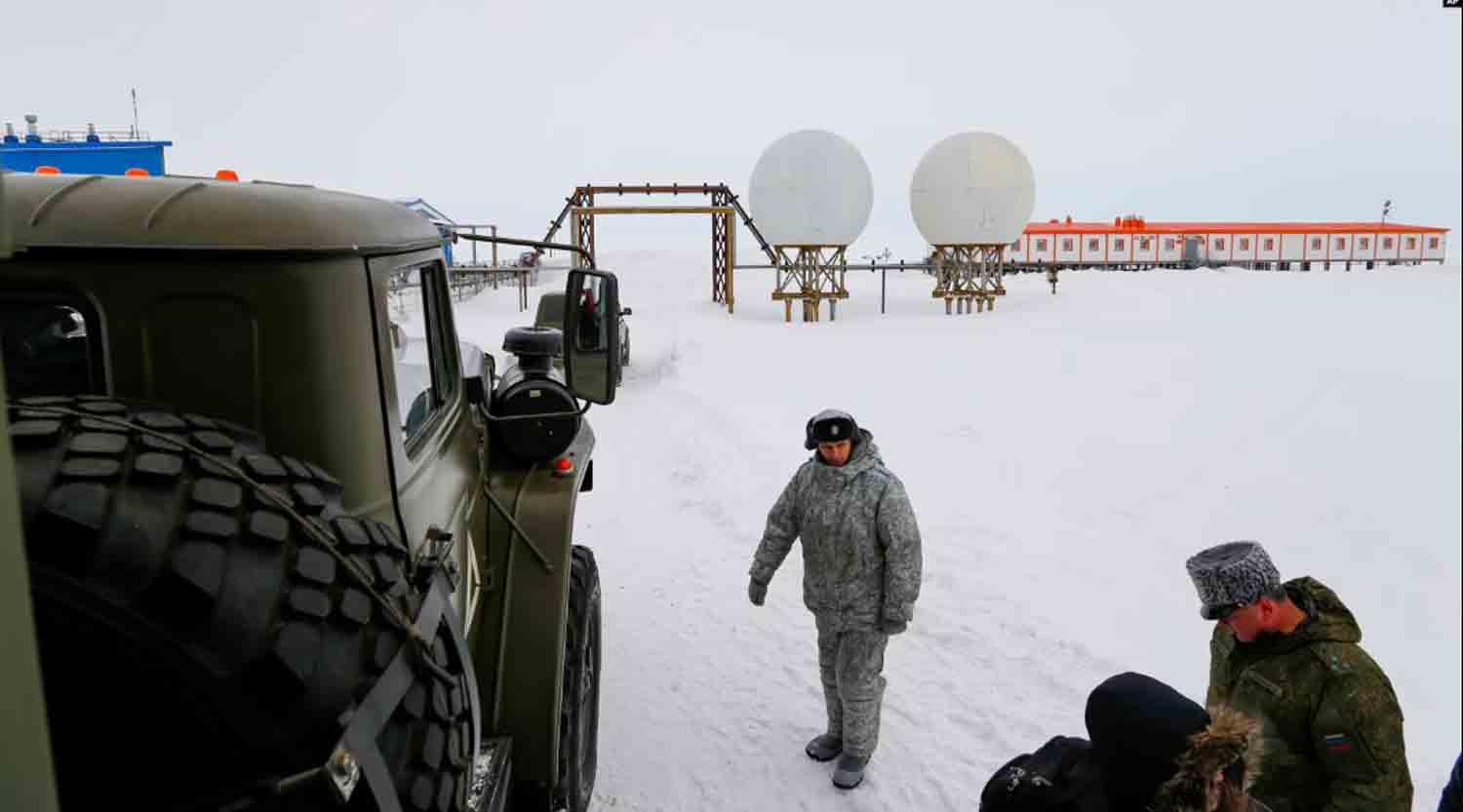Steve Witkoff, the envoy to the Middle East appointed by Trump, expressed his dedication to advancing the Gaza ceasefire and progressing to its second phase during an interview with Fox News on Wednesday.
He is set to travel to Israel, where he will participate in an inspection team assessing the Netzarim and Philadelphi corridors in Gaza, both of which are under Israeli control.
“I will be heading to Israel to join an inspection team at the Netzarim corridor and the Philadelphia corridor,” Witkoff stated, emphasizing that the inspectors’ role is to ensure safety in these areas and to prevent any armed individuals from entering.
This visit marks Witkoff’s inaugural official trip to the Middle East and coincides with the ongoing first phase of the ceasefire between Hamas and Israel. He and his team were involved in the negotiations in Qatar that culminated in the agreement during the final days of the previous Biden administration, and he is recognized for his significant role in facilitating the deal.
Following his inauguration, US President Donald Trump expressed skepticism about the ceasefire’s transition to its second phase on Monday.
Witkoff acknowledged the president’s concerns but reiterated his commitment to keeping the agreement on course. “We must ensure that the implementation proceeds smoothly because if it does, we will advance to phase two, allowing for the safe release of many more individuals,” Witkoff remarked.
The president’s directive to me and all others in the American government regarding this matter is clear, and we are committed to following it.
Witkoff emphasized that the Trump administration aims to facilitate a normalization agreement between Saudi Arabia and Israel, contingent upon a ceasefire in Gaza.
“In my view, achieving a ceasefire is a prerequisite for normalization. We need to restore faith among the people.”
Witkoff noted that normalization could trigger a ripple effect throughout the Middle East, encouraging other nations to follow Saudi Arabia’s lead.
“Normalization signifies the potential end of conflict. It transforms the entire region into a viable investment opportunity.”
The conflict in Gaza has persisted for 15 months, resulting in the deaths of at least 47,107 Palestinians and significant destruction of civilian infrastructure.
Numerous experts, human rights advocates, and various countries have characterized Israel’s actions in Gaza as “genocide.”
The ceasefire agreement reached last week provided a brief respite for the enclave, yet Israeli forces continued to take action, resulting in the deaths of 19 Palestinians shortly after the ceasefire commenced.
This agreement is structured in three phases, with the initial phase set to last six weeks. During this time, 33 Israeli captives currently in Gaza are to be released, including nine individuals who are either ill or injured.
In exchange, Israel will release 1,000 Palestinians who have been detained since October 8, 2023, and will also initiate a partial withdrawal from heavily populated regions of Gaza, specifically the Netzarim corridor.
The second phase aims to secure the release of the remaining Israeli captives in Gaza, alongside a complete withdrawal of Israeli forces from the area. However, discussions regarding the second and third phases are ongoing, and the current agreement does not address the governance of Gaza following the conclusion of the conflict.
Discover more from Defence Talks | Defense News Hub, Military Updates, Security Insights
Subscribe to get the latest posts sent to your email.





